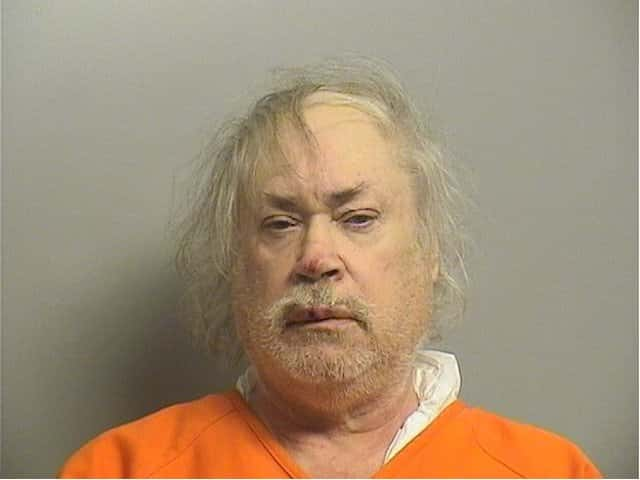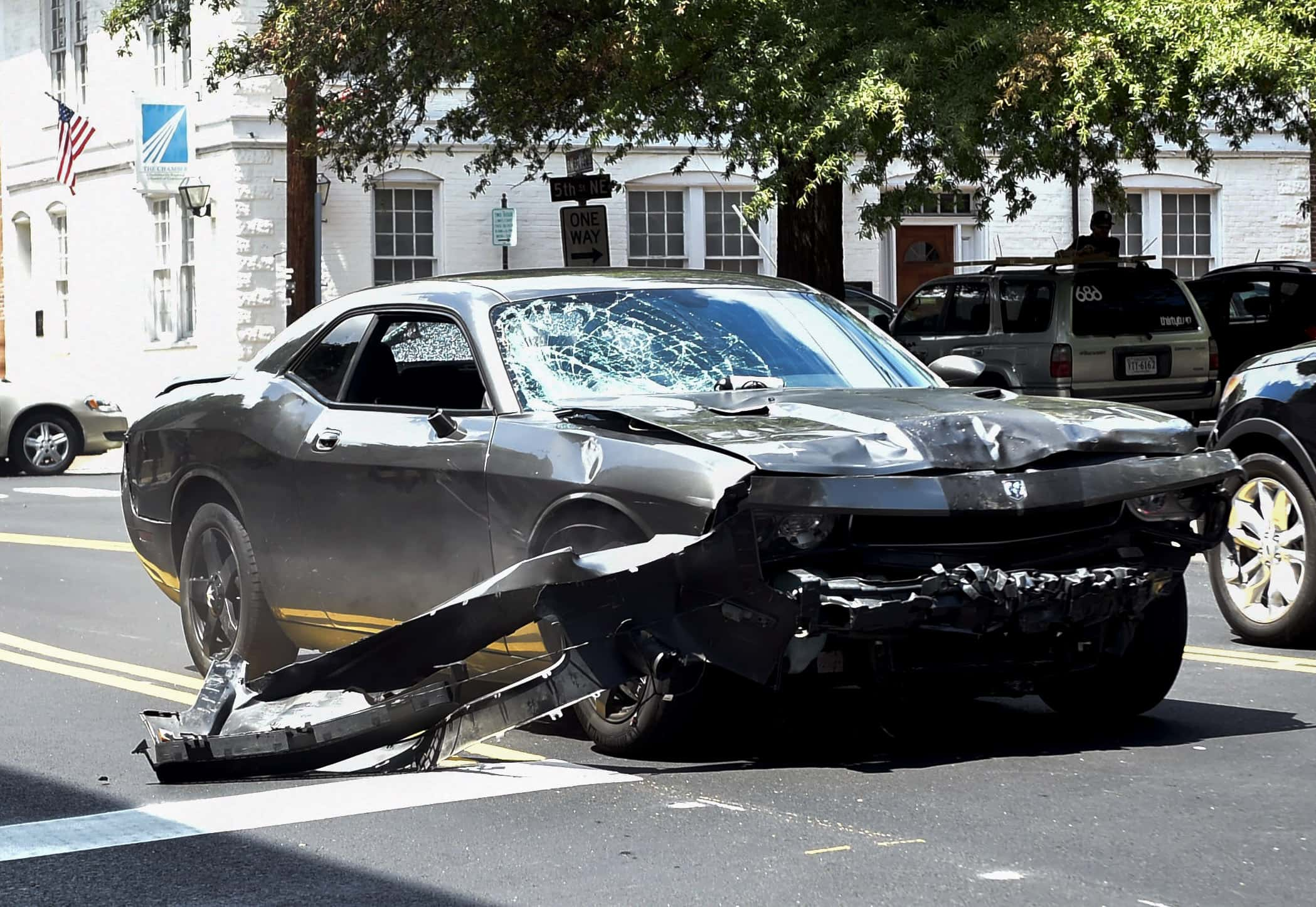Who were Khalid Jabara and Heather Heyer? Joe Biden signs NO HATE Act named after slain hate crime victims

President Joe Biden recently signed the Jabara-Heyer NO HATE Act, officially turning it into law. The law aims to provide community-centered solutions and foster unified sentiment to address white supremacist violence in the country. The legislation was signed by the president in the wake of rising violence against Asian Americans and Pacific Islanders at the time of the COVID-19 pandemic.
The act came into being in the light of the brutal murders of Khalid Jabara in 2016 and Heather Heyer in 2017. Both the killings were deemed to be hate crimes. Jabara, a Lebanese Christian from Tulsa, Oklahoma, was murdered by his neighbor Stanley Majors, mistaking him to be an Arab Muslim. A year later, Heather Heyer was killed when white supremacist and neo-Nazi James Alex Fields Jr rammed a car into a peaceful protest.
READ MORE
Who was Khalid Jabara?
Khalid Jabara was an entrepreneur residing with his family in Tulsa, Oklahoma. They were neighbors to Stanley Vernon Majors, a racist man who abused and attacked them in various ways for years. In 2013, Khalid's mother Haifa Jabara had filed a restraining order against Majors on account of 'harassment' and 'stalking'. She alleged that he used to knock "at windows late at nite, harassing me with ugly sex words over the phone, taking pictures and harassing my helper in garage." He often used to hurl racial abuses at the family, calling them "dirty Arabs," "filthy Lebanese," "Aye-rabs," and "Mooslems", according to The Washington Post.

Majors was even arrested in March 2015 for violating the restraining order. When Khalid's mother went jogging in the neighborhood, Majors reportedly hit her with his car, leaving her critically injured. He later confessed to the crime after his arrest and was bonded out of jail in a year.
On August 12, 2016, Khalid learned that his neighbor Majors was armed with a gun and grew increasingly concerned about the family's safety. He informed the police, who came and told him nothing needed to be done. Barely minutes after the police left, Khalid was fatally shot by Majors as he was talking on the phone. He was 37 years old at the time of death.
Majors was arrested and later convicted of first-degree murder in February 2019. The incident was perceived to be a crime driven by racial hatred. In September 2019, he died in the prison infirmary at Oklahoma State Penitentiary.
Who was Heather Heyer?
A 32-year-old paralegal from Charlottesville, Virginia, Heather Heyer was a passionate advocate for the disenfranchised. She worked for the Miller Law Group and was a known activist against inequality. She was a staunch advocate for the Black Lives Matter movement and even left her boyfriend for making a racist remark.
On August 11 and 12, 2017, a white supremacist rally was being held at Charlottesville, just a month after a Ku Klux Klan rally. Reportedly, a large group of counter-protesters, which included Heather Heyer, impeded the white supremacists despite threats of violence. Around 1:45 pm on August 12, 2017, Fields Jr drove his car at high speed, ramming into the counter-protesters. Heyer happened to be severely injured in the car attack and died later at the University of Virginia Medical Center. She was the only one to die among Fields' 20 victims. The attacker was later arrested and sentenced to life after he pleaded guilty to 29 federal hate crimes.

Both Jabara and Heyer's family hailed the new act
While signing the Jabara-Heyer NO HATE Act, President Biden said, "There are simple core values and beliefs that should bring us together as Americans. One of them is standing together against hate, against racism."
In view of the act, Victoria and Rami Jabara, sister and brother of Khalid Jabara, said, "Until all hate crimes are accurately reported and tracked, and an effective response mounted, lives like Khalid’s and Heather’s will continue to be cut short, and families like ours and Susan’s will continue to live with the pain."
Heather Heyer's mother Susan Bro remarked, "You don't take your child to the doctor or your car to the mechanic without analyzing symptoms, and we don't even know all the symptoms of hate crimes. We don't know how many occur; there are huge gaps as illustrated by Khalid's death and Heather's death not being reported.” She added that there was a need for basic accounting of hate crimes and the bill would go a long way in doing that.










